Interview with PJN
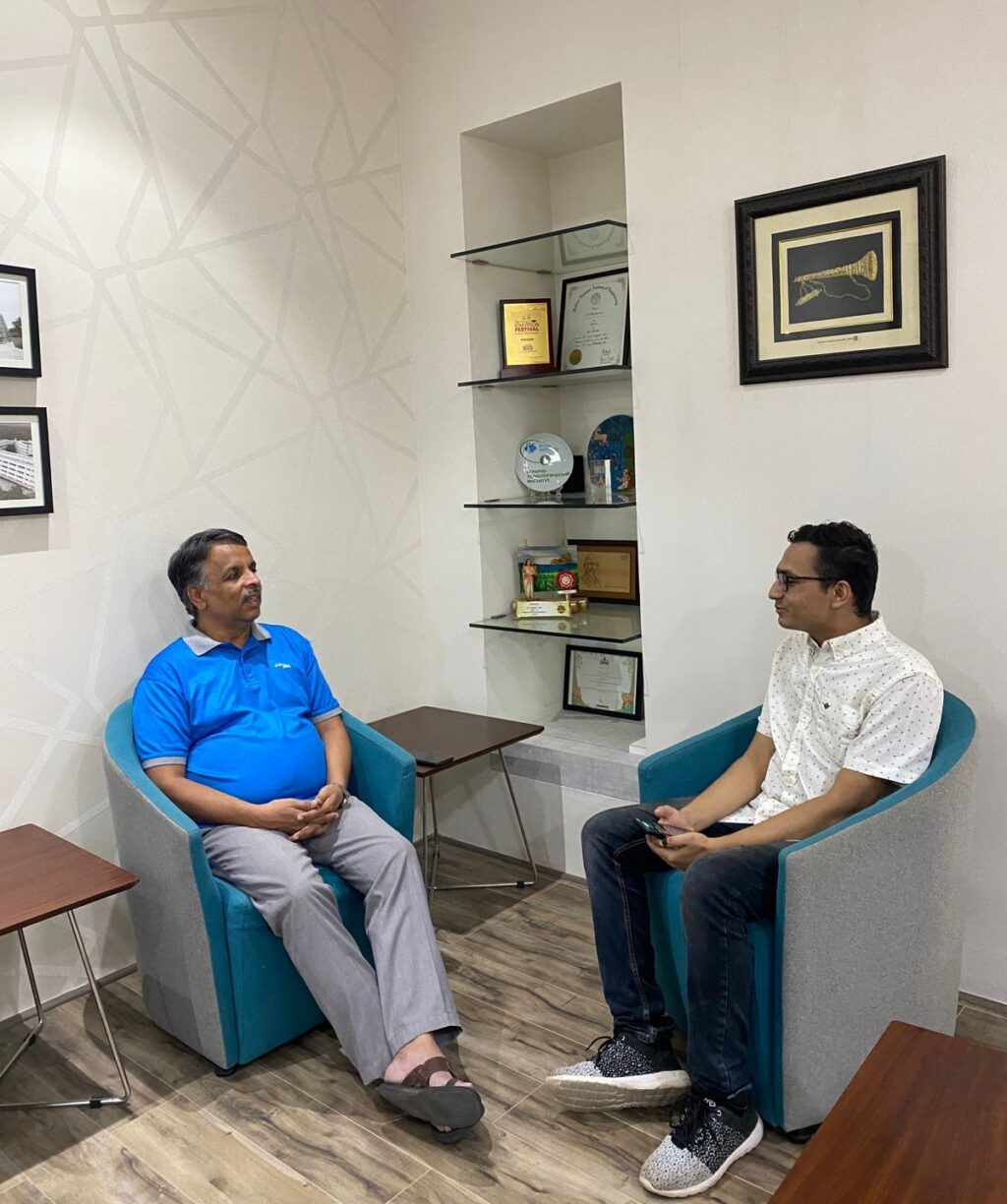
“Aren’t you coming for the conversation? It is 10 minutes past 2 already.” This message from Prof. Pazhayam Jathavedan Narayanan — much better known as PJN — was alarming, made more so by the fact that Murali and I had been standing outside his office in the Centre for Visual Information Technology (CVIT) for 10 minutes. After a few minutes of searching, we found him in his Director’s office — in the academic block — where he had been awaiting us. Not the greatest of starts!
By the time we got settled in, though, he’d made us comfortable through his easygoing mood. Which was just as well, because interviewing the director of the institute alone is intimidating enough by itself. We begin with one of the oldest mysteries on campus — what his initials stand for. We then move on to other matters of great importance. One of them being, what are his views on pets? After clarifying that we mean animal pets (don’t ask), he lets us know that although he isn’t opposed to them, he never felt personally inclined towards them. The question did remind him of a particularly nervous cow that his family owned when he was a kid, who would run away at any disturbance and would have to be cajoled back home.
As the conversation drifts towards his childhood growing up in Kerala (yes, he’s Malayali), he bristles at the suggestion that it might have been the kind of rural(?) upbringing some might picture. He also mentions that he used to read a lot even when he was young. He was particularly interested in the works of Bengali authors, translated into Malayalam. “Those are never going to change!”, he chortles when asked if his favorite books are still Geetanjali by Tagore and Ashapurna Devi, 20 years after his first Ping! Interview. In fact, he was apparently so fascinated with Bengali literature that he tried to learn the language during his time at IIT Kharagpur. He was especially inspired by Satyavati, the protagonist of the trilogy who he hails as ahead of her time and a feminist icon. Another author he admires is Toni Morrison. Her work Beloved, a novel about a runaway slave woman and her struggles is another book that he finds profoundly elevating, albeit set in a completely different context.
Does he eat in the student messes? Not a lot, but the faculty mess gets the same food as the student mess. In his words, “This is the socialism of IIIT.” Although, it is interesting to note that the faculty mess stopped getting food from Yuktahar after some cough concerns cough some of the faculty had about the Yuktahar food being too simple for such a setting. When he does go to a student mess, it’s usually Kadamb or South. The way some students roast and defend certain messes reminds PJN of his days at IIT Kharagpur when he used to be a proud member of Rajendra Prasad Hall, where even though they had “the worst mess in the world.”, they would defend the hostel with every breath. He compares the rivalry between hostels at IITKgp to that depicted in movies like Chhichhore.
Like a lot of other people, he would rather just forget about the whole online experience. Another thing he has in common with a lot of people is thinking he would read all the books he wanted to, during the lockdown. From a teaching point-of-view, he very much prefers offline classes even if online classes provide the recording facility, because, in his opinion, a class being online changes a lot about the instructor’s teaching style and doesn’t allow proper transmission and discussion of ideas.
Since it’s been so long since he was a student and the world of education is thoroughly unrecognizable now, I asked him what he thought of the hyper-competitive high school scene these days. He doesn’t like the culture that’s fostered by the coaching industry(duh) and he’d like the students joining the institute to cleanse themselves of that mentality. He says students don’t need to try and do everything just because people around them are doing so. In his opinion, it’d be better to focus on the fields that one feels passionate about and as long as one has a coherent plan, it’s fine to merely scrape by in other areas. He even considers getting deeply interested in something: a skill — a skill you can take and apply to any number of things. It’s at this point that he restates the classic maxim about IIIT “preparing you not for your first, but for your last job.”
And that’s that. We’ve gone so far over time that the deadline we had set is but a speck in the distance. Whether it was a fruitful use of the time is left as an exercise to the reader.
Editor: Murali Bhat

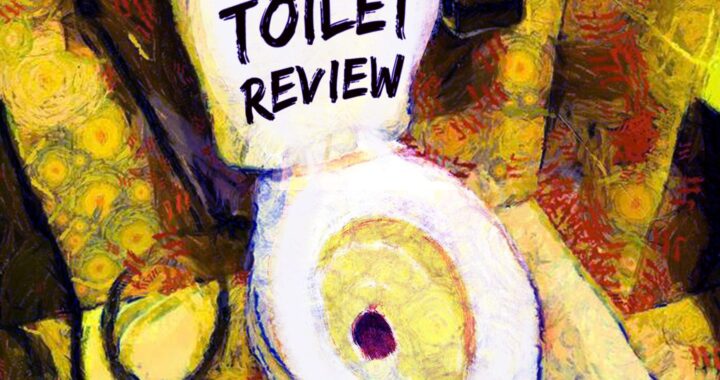 A Tale of Toilets
A Tale of Toilets 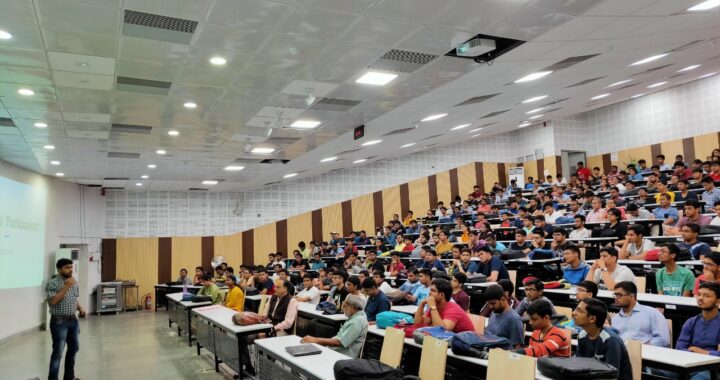 APEX EVENTS
APEX EVENTS  Echoes – 07.11.2021
Echoes – 07.11.2021 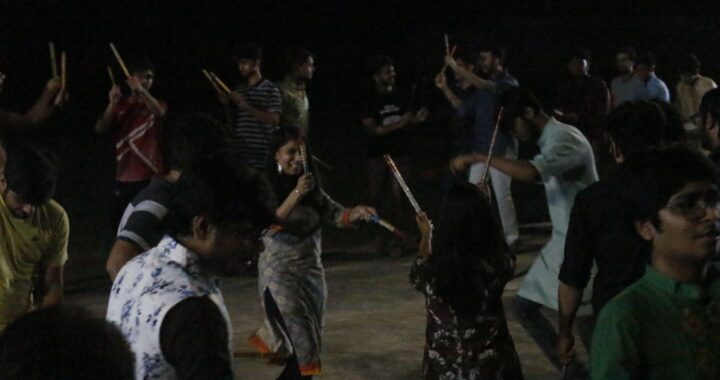 Garba Night 2021
Garba Night 2021 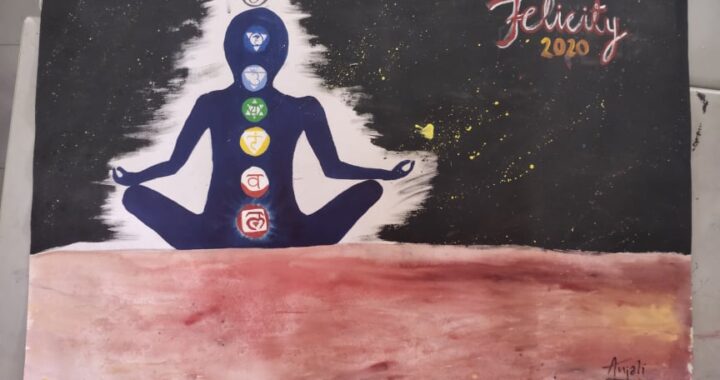 Felicity Elections 2022
Felicity Elections 2022  LEEE Experience
LEEE Experience  Cleaning up the Mess?
Cleaning up the Mess?  We Are So Cooked
We Are So Cooked 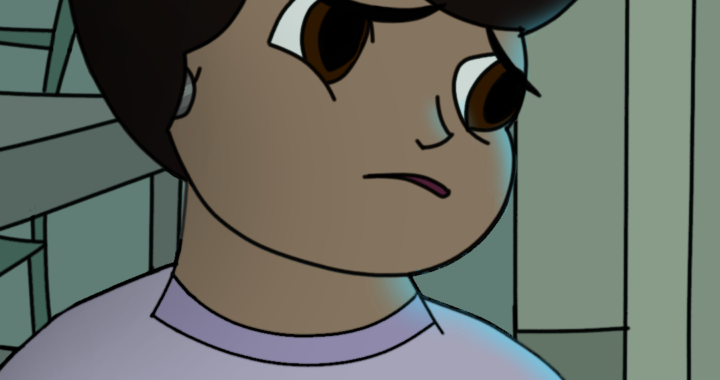 Qu’ils mangent de la grenouille! (Let Them Eat Frogs!)
Qu’ils mangent de la grenouille! (Let Them Eat Frogs!)